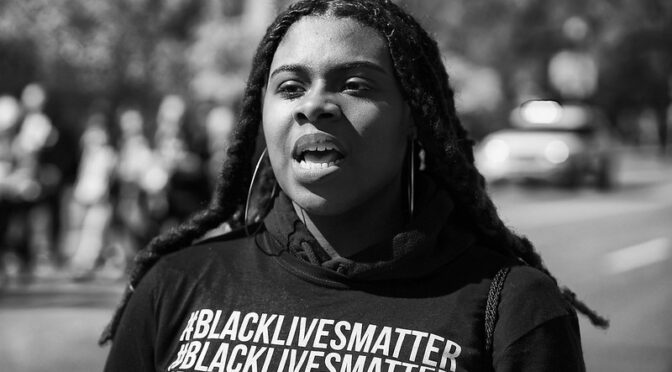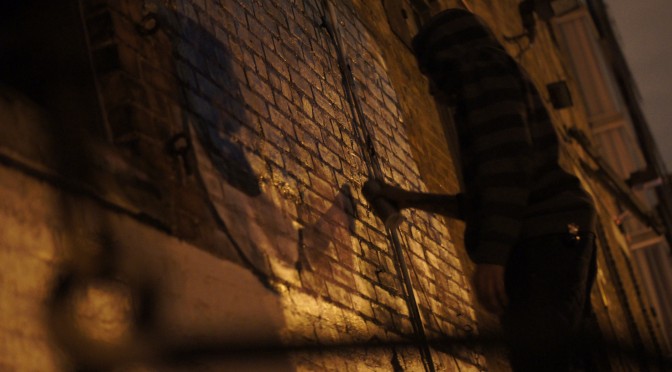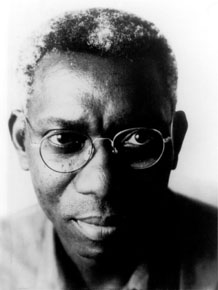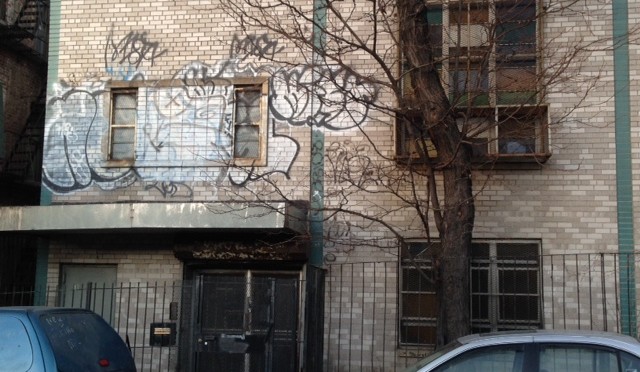by Mark Doty
the boy’s face
climbed back down the twelve-year tunnel
of its becoming, a charcoal sunflower
swallowing itself. Who has eyes to see,
or ears to hear? If you could see
what happens fastest, unmaking
the human irreplaceable, a star
falling into complete gravitational
darkness from all points of itself, all this:
the held loved body into which entered
milk and music, honeying the cells of him:
who sang to him, stroked the nap
of the scalp, kissed the flesh-knot
after the cord completed its work
of fueling into him the long history
of those whose suffering
was made more bearable
by the as-yet-unknown of him,
playing alone in some unthinkable
future city, a Cleveland,
whatever that might be.
Two seconds. To elapse:
the arc of joy in the conception bed,
the labor of hands repeated until
the hands no longer required attention,
so that as the woman folded
her hopes for him sank into the fabric
of his shirts and underpants. Down
they go, swirling down into the maw
of a greater dark. Treasure box,
comic books, pocket knife, bell from a lost cat’s collar,
why even begin to enumerate them
when behind every tributary
poured into him comes rushing backward
all he hasn’t been yet. Everything
that boy could have thought or made,
sung or theorized, built on the quavering
but continuous structure
that had preceded him sank into
an absence in the shape of a boy
playing with a plastic gun in a city park
in Ohio, in the middle of the afternoon.
When I say two seconds, I don’t mean the time
it took him to die. I mean the lapse between
the instant the cruiser braked to a halt
on the grass, between that moment
and the one in which the officer fired his weapon.
The two seconds taken to assess the situation.
I believe it is part of the work
of poetry to try on at least
the moment and skin of another,
for this hour I respectfully decline.
I refuse it. May that officer
be visited every night of his life
by an enormity collapsing in front of him
into an incomprehensible bloom,
and the voice that howls out of it.
If this is no poem then…
But that voice –- erased boy,
beloved of time, who did nothing
to no one and became
nothing because of it –- I know that voice
is one of the things we call poetry.
It isn’t only to his killer he’s speaking.
“In Two Seconds: Tamir Rice, 2002-2014″ previously appeared in vol. 44, no. 3 of American Poetry Review. Copyright © 2015 by Mark Doty. Used with permission of the author.
Author Biography
Mark Doty is the author of several collections of poetry, including Fire to Fire: New and Selected Poems, which received the 2008 National Book Award. He served as a Chancellor of the Academy of American Poets from 2011 to 2016.








